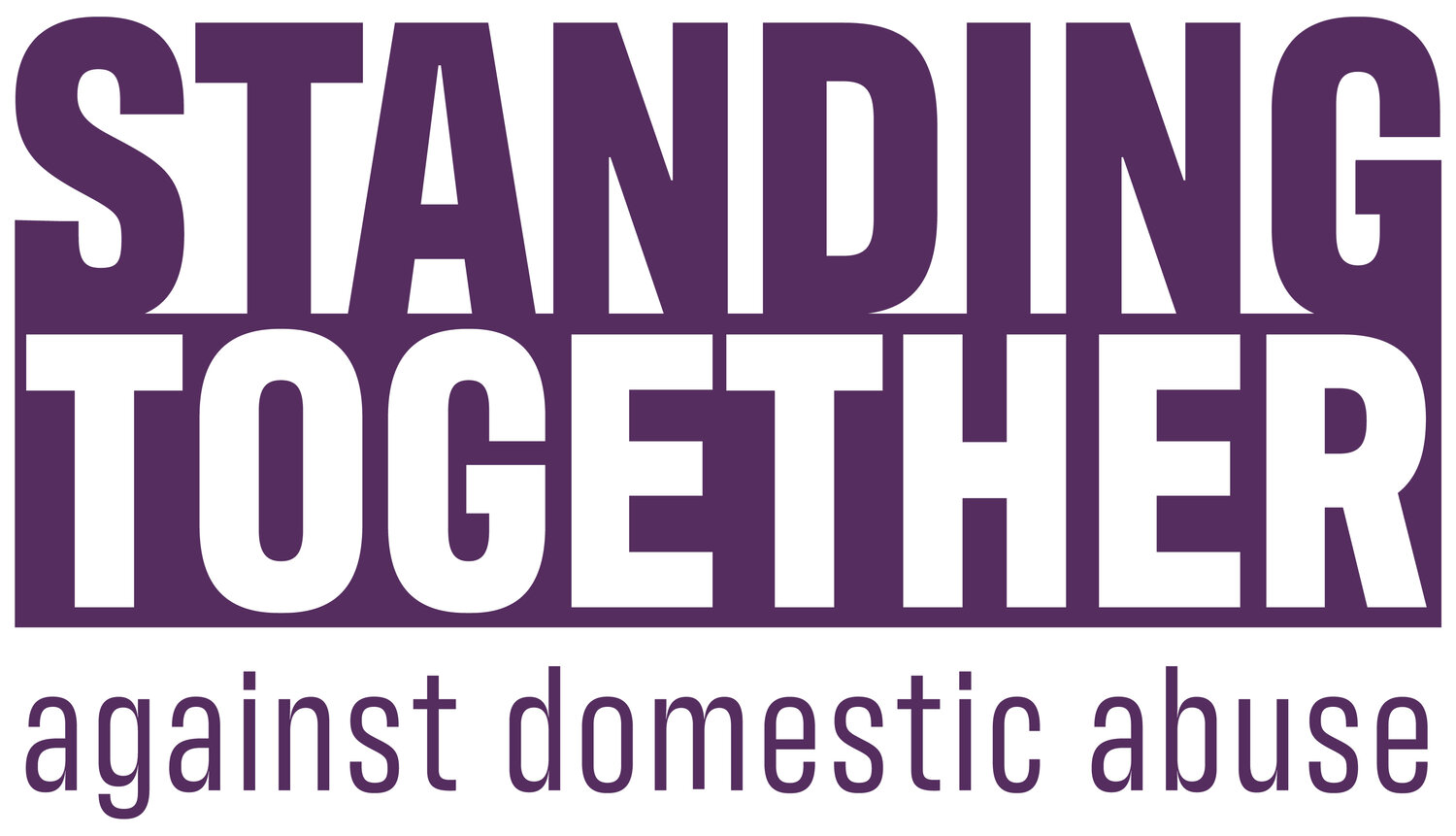
Working Effectively with Perpetrators and Survivors in Homelessness Settings guidance
Standing Together worked in partnership with Fulfilling Lives Islington and Camden at Single Homelessness Project to create guidance around working effectively with perpetrators and survivors of domestic abuse in homelessness settings. The guidance is aimed at frontline professionals working across a range of homelessness settings who are supporting:
· A survivor of domestic abuse where the perpetrator is almost always present.
· A perpetrator within their service
· Both survivor and perpetrator, if both are living in the same accommodation project for example.
